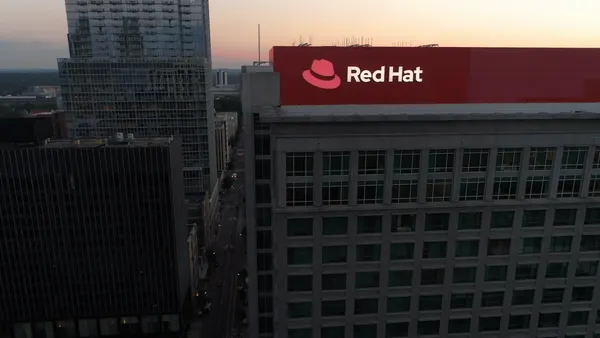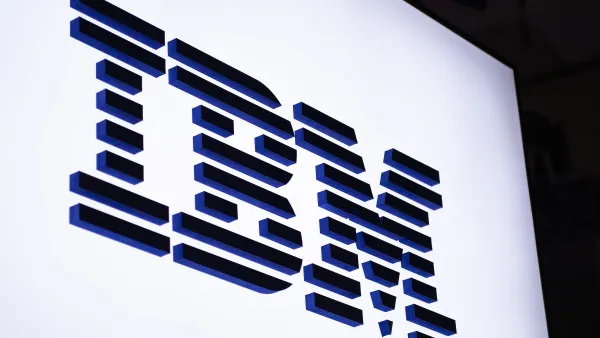Dive Brief:
- University of Rochester computer science researchers developed an app that uses natural language processing and artificial intelligence to track tweets related to complaints of food poisoning.
- The researchers, supported by the National Science Foundation, showcased their research at an Artificial Intelligence conference in February. They used the app to connect Tweets to specific restaurants using geotagging and then reported them to the Las Vegas health department.
- The Las Vegas health department recently tested the app, called nEmesis, to help improve the city's health inspection system.
Dive Insight:
nEmesis automatically scanned thousands of tweets each day using AI algorithms to find those containing specific terms associated with an illness. They then zeroed in on the Tweets that pointed to a specific restaurant and generated a list of high-priority locations for inspections.
Use of nEmesis eventually led to citations for health violations in 15% of inspections, compared to 9% when restaurants were chosen randomly. Some of the inspections resulted in closures.
Foodborne illnesses affects 48 million people annually in the U.S., according to the National Science Foundation. The researchers estimate the app helped prevent 9,000 food poisoning incidents and 557 hospitalizations during the course of the study.
"Adaptive inspections allow us to focus our limited resources on the restaurants with problems," said Brian Labus, a visiting research assistant professor at the University of Nevada Las Vegas's School of Community Health Sciences, in a press release. "The sooner we find out about a problem, the sooner we can intervene and keep people from getting sick."
Both Chicago and New York have experimented with similar programs that use Tweets to find sources of food-borne illnesses.












